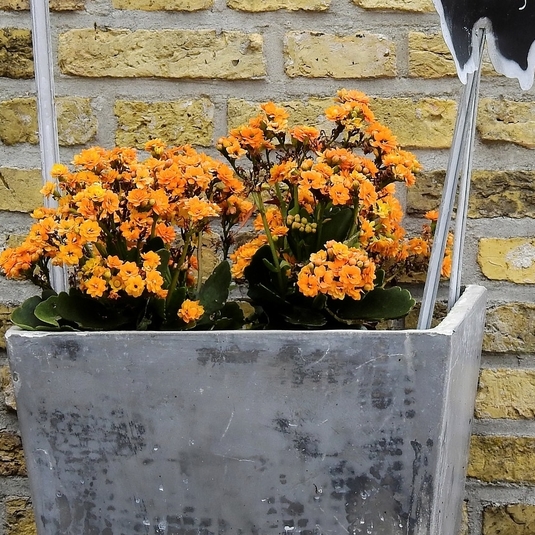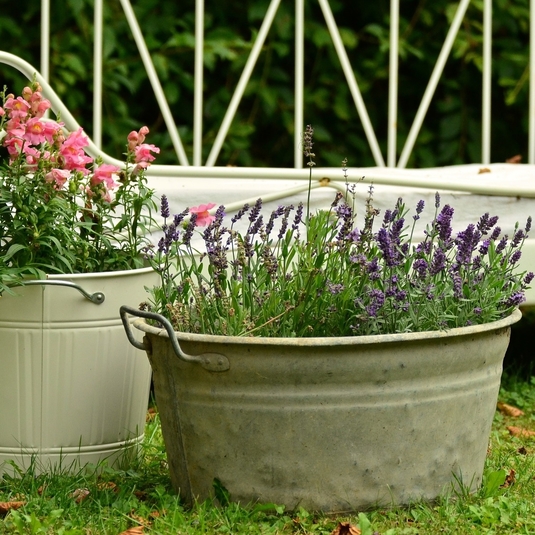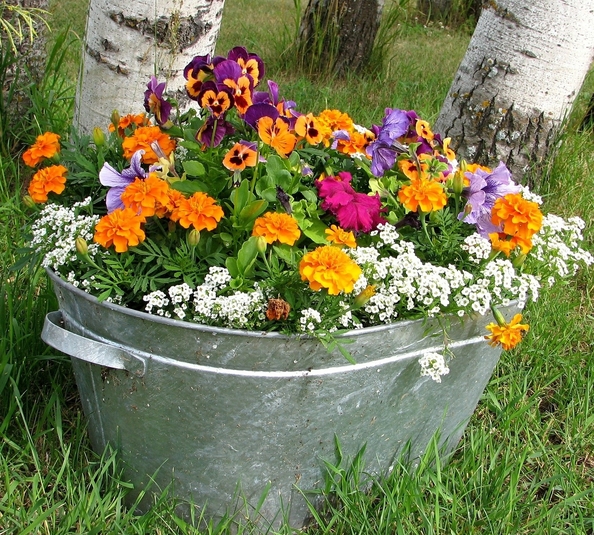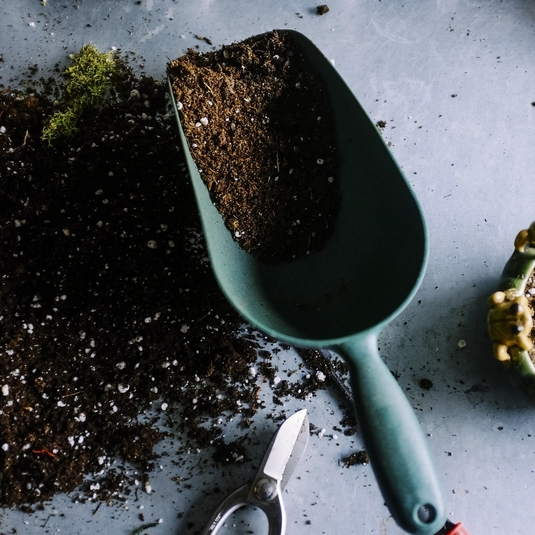Natural Beauty of Troughs
They're hard to find, can be expensive if you do find them, but if you're lucky enough to score one from Craigs List or a sale at a farm store, there are many advantages to picking a trough up and using it in your garden.
Advantages
- They will last forever.
- They come in a variety of shapes and sizes.
- They keep burrowing animals out.
- Their raised position makes it easier on the gardener's back.
- They can be painted in any color to match your garden design.

Using Troughs
- First and foremost, take the time to plan out your trough's final position. You certainly don't want to move a larger one later.
- Make sure there's plenty of holes in the bottom. Place your trough on top of blocks or bricks which will help the water to flow through and not collect at the bottom. You can fill the bottom with three to six inches of gravel for extra drainage.
- Use regular potting soil not gardening soil just as you would with any container. To save money on that expensive potting soil, if you're using your trough for plants that don't have deep roots, an option is to fill the bottom half to third of the trough with empty plastic milk jugs or soda bottles. This also keeps the plastic out of the landfill.
- In addition, the lighter weight can help prevent the sides of the trough from buckling. If you're not worried about the weight, you can fill the bottom half with a cheap garden or topsoil, even clay soil as a filler.
Here's a homemade recipe for potting soil which is much cheaper than the bagged kind:
1 Part pre-soaked Coir peat1 Part Vermiculite2 Parts sieved Compost (commercial or homemade)1/2 cup to 1 cup Worm CastingsSlow Release Fertilizer of Your Choice
For a more in-depth article on homemade potting soil see our separate article.

More Tips
- If placing your trough in the afternoon sun, remember that the metal can get pretty hot. This is an advantage, though, if you're thinking of planting heat-loving veggies or flowers in them.
- Like all containers, the soil in troughs will dry out faster than the soil does in the ground. The two to three-inch finger rule still applies. If there's moisture two to three inches down into the soil, you can wait to water.
- Warm-season vegetables will love the extra warmth they get from the metal. Be careful not to put it in direct sun for too much of the day as you may need to water constantly during the hottest part of the summer.
- A good two to three-inch layer of mulch can help keep the moisture in.

A combination of bright annuals like pictured above can add some much-needed color in any area of the garden. Just remember to plant annuals that have the same sun/shade needs.





Comments
Post a Comment